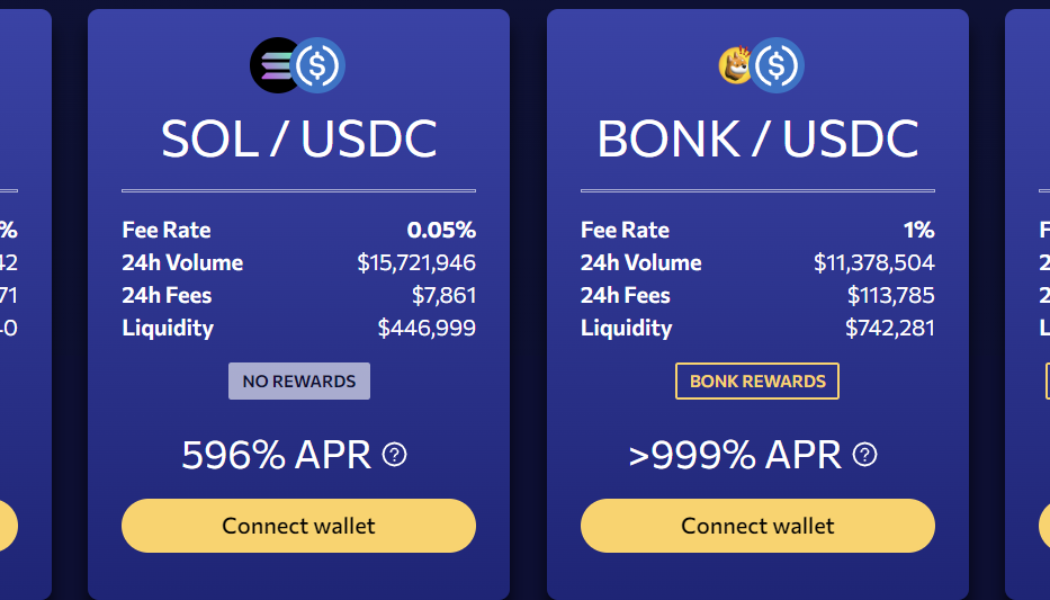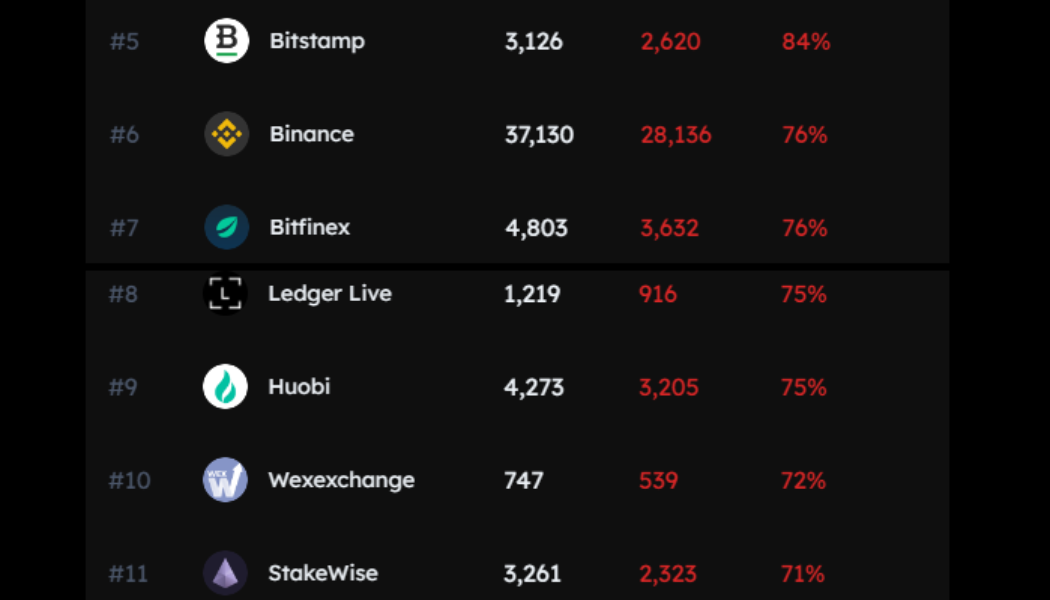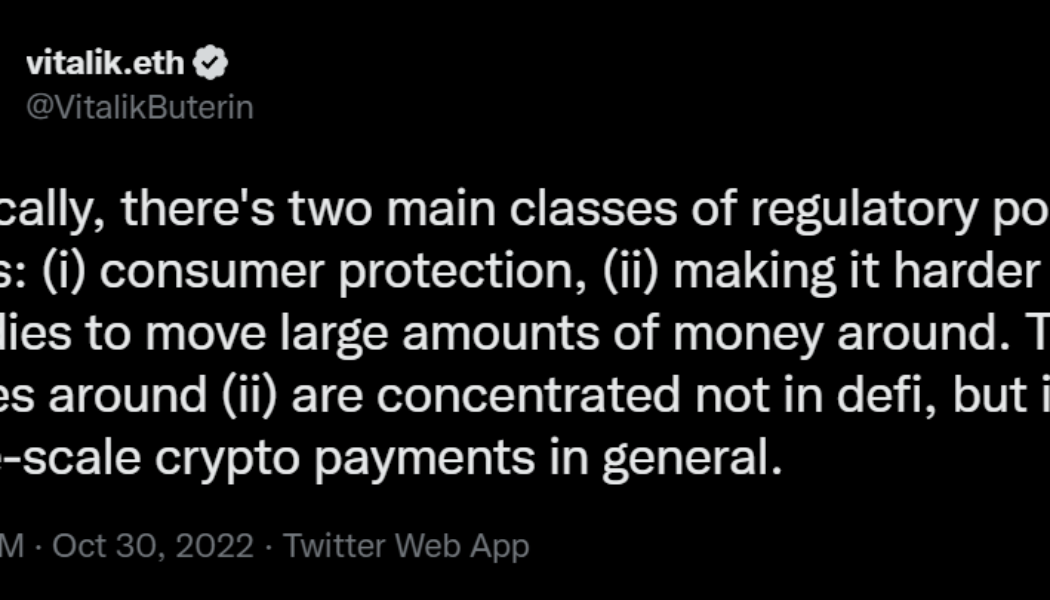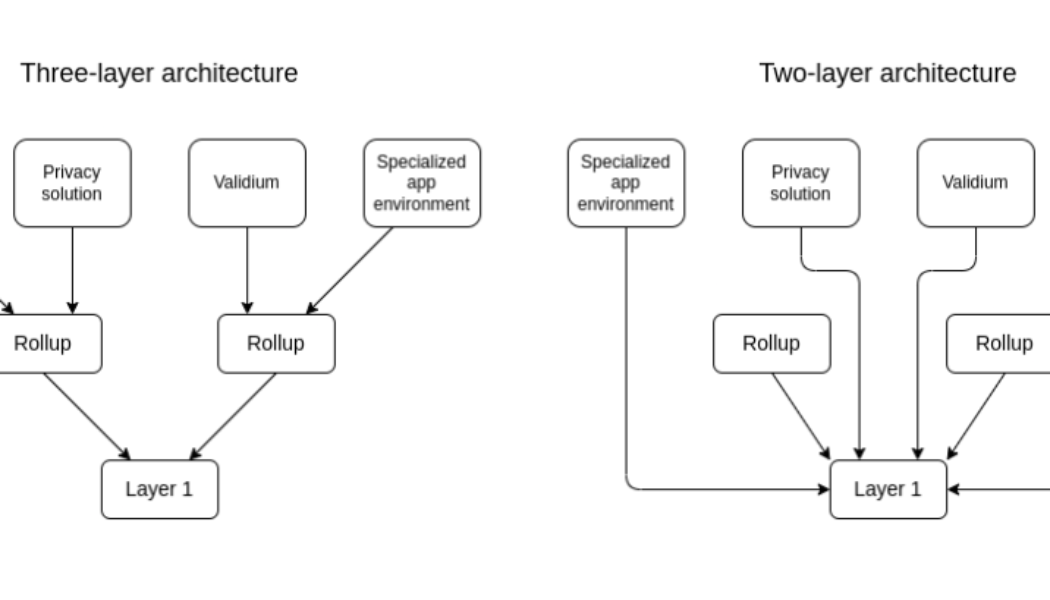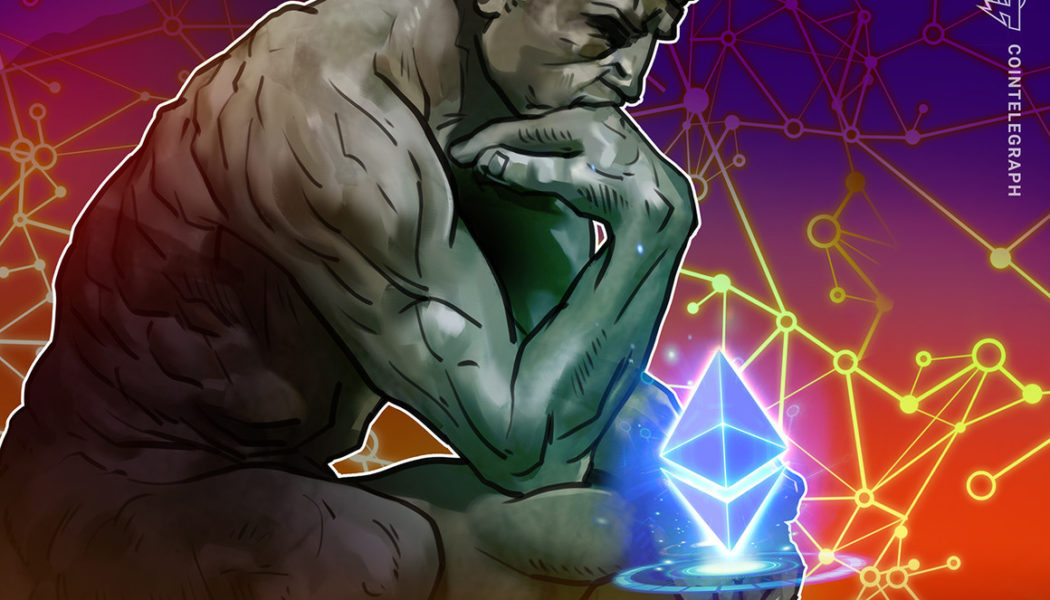Vitalik Buterin
Bonk token goes bonkers as traders chase after high yields in the Solana ecosystem
Bonk, a meme token modeled after Shiba Inu (SHIB) that launched on Dec. 25, is skyrocketing and some traders believe the token’s trading volume is potentially driving Solana’s (SOL) price up. Over the past 48 hours, SOL price has gained 34%, and in the past 24 hours, Bonk has climbed 117%, according to data from CoinMarketCap. While the wider crypto market remains suppressed, traders are hoping that Bonk could present new opportunities during the downturn. According to the project’s website, Bonk is the first dog token on the Solana blockchain. Initially, 50% of the token supply was airdropped to Solana users with a mission to remove toxic Alameda-styled token economics. The airdrop resulted in more than $20 million in trading volume according to the Solana decentralized exchange Orc...
Vitalik Buterin highlights what he’s bullish about for 2023
Ethereum co-founder Vitalik Buterin has shared some bullishness for the year ahead, including reaching a new milestone for rollup scaling as per the Ethereum roadmap. The Ethereum developer also confirmed the rollout of the Ethereum Improvement Protocol (EIP) 4884 sometime in 2023, which had been removed as part of the upcoming Shanghai upgrade package set for March. Responding to a Dec. 31 post from former chief technology officer of Coinbase, Balaji Srinivasan, asking users what they were bullish for in 2023, Buterin said he was looking forward to reaching the “basic rollup scaling” milestone as outlined in the Ethereum roadmap. Reaching the “basic rollup scaling” milestone in my roadmap diagram. That means: * EIP-4844 rolled out* Rollups partially taking off training wh...
ETH staking on top exchanges contributes to Ethereum censorship: Data
For most crypto ecosystems, being compliant with federal sanctions have a negative impact on its global reach. However, when it comes to Ethereum, investors have significant power to decide the degree of compliance the ecosystem obeys. Nearly 60% of all post-Merge Ethereum blocks comply with the United States sanctions put forth by the Office of Foreign Assets Control (OFAC). While the crypto community stands against this transformation, many fail to realize their own contribution to helping Ethereum attain total OFAC compliance. One of the biggest factors harming Ethereum’s credible neutrality is the use of censoring MEV relays by crypto ecosystems and exchanges. Miner extractable value (MEV) relays work as a mediator between block producers and block builders, which are being used ...
Vitalik Buterin on the crypto blues: Focus on the tech, not the price
Ethereum co-founder Vitalik Buterin has shared some sage advice for traders feeling the blues of the crypto bear market: Focus on the tech rather than the price. The Ethereum co-founder made the recommendation in response to a Dec. 3 post from self-described crypto investor CoinMamba, echoing what many crypto investors are likely feeling at the moment. After 9 years in crypto I’m kinda exhausted. I want to move on and do something different with my life. Tired of all these scammers and fraudsters.. — CoinMamba (@coinmamba) December 3, 2022 “After 9 years in crypto I’m kinda exhausted. I want to move on and do something different with my life. Tired of all these scammers and fraudsters,” CoinMamba said. The crypto industry has continued to be bombarded with unsavoury news since&...
Vitalik Buterin ‘kinda happy’ with ETF delays, backs maturity over attention
The co-founder of Ethereum (ETH), Vitalik Buterin, believes that the crypto ecosystem needs to mature and be in tune with the regulatory policies that allow crypto projects to operate internally freely. Sharing his opinion around crypto regulations, Buterin spoke against the regulations that have an impact on the inner workings of a crypto ecosystem. Considering the current circumstances, he believed it was better to have regulations that allow inner independence to crypto projects, even if it hampers mainstream adoption. Buterin opined: “I’m actually kinda happy a lot of the exchange-traded funds (ETFs) are getting delayed. The ecosystem needs time to mature before we get even more attention.” The use of know-your-customer (KYC) on decentralized finance (DeFi) frontends was another ...
Mango Market exploiter brags after rug pulling Mango Inu ‘shitcoin’
In just over a week after pulling off the $117 million exploit of Mango Markets, Avraham Eisenberg is now boasting about making $100,000 rug-pulling a “shitcoin” called Mango Inu, again claiming he “did nothing wrong.” Eisenberg recently ousted himself as one of the persons behind the recent $117 million exploit of the Solana-based decentralized finance (DeFi) platform Mango Markets, which he has also claimed was “legal.” In an Oct. 23 post on Twitter, Eisenberg said the scheme involved deploying a “shitcoin” named Mango Inu, which he suggests was aimed at “exploiting bots” that gobble up newly launched tokens. Eisenberg said the strategy involved deploying tokens, adding liquidity, and then “rug” right after the bots ...
Ethereum solo validators that censor blocks should ‘be tolerated’ — Buterin
Ethereum co-founder Vitalik Buterin believes that solo validators that choose not to include certain transactions should “be tolerated” to stop the Ethereum community from becoming the “morality police.” Vitalik Buterin made the comment in reply to a Twitter poll from latetot.eth, discussing a hypothetical scenario whereby a validator censors a transaction that doesn’t align with their beliefs. The thread, published on Oct. 17, asked what should happen if a solo validator, in a country at war with another, decides not to process a block because it includes donations to the opposing military force. I’m a solo home validator in Country A. We are at war w Country B, and I decide that I’m not going to include donations to their military when it’s my turn to make a block. This validator s...
Ethereum co-founder Vitalik Buterin shares vision for layer-3 protocols
While Ethereum-based layer-2 solutions have been focused on hyperscaling the network, Ethereum co-founder Vitalik Buterin believes layer 3s will serve a far different purpose — providing “customized functionality.” Buterin shared his thoughts in a Saturday post, providing three “visions” of what layer 3s will be used for in the future. The Ethereum co-founder said a third layer on the blockchain makes sense only if it provides a different function to layer 2s, which have been used mainly to enhance scaling via zero-knowledge (zk) Rollup technology: “A three-layer scaling architecture that consists of stacking the same scaling scheme on top of itself generally does not work well. Rollups on top of rollups, where the two layers of rollups use the same technology, certainly do not....
Ethereum co-founder Vitalik Buterin celebrates the Merge: ‘Dream for years’
As the clock counted down to the final moments of the big Ethereum (ETH) Merge, co-founder Vitalik Buterin joined the “Ethereum Mainnet Merge Viewing Party” livestream hosted by the Ethereum Foundation to share his final thoughts. When asked if he was excited about the Merge, Buterin responded that he is “absolutely excited about being exited from the proof-of-work era.” The co-founder went on to say that the historic transition of the network from proof-of-work (PoW) to proof-of-stake (PoS) has been on the agenda for years. “[It] has obviously been a dream for the Ethereum ecosystem since pretty much the beginning. We started the proof-of-stake research with that blog post on Slosher back in January 2014.” The Merge can be seen as reinventing the laws of physi...
The challenges with building a reputation in Web3 — and how to solve them
Amazing things are being built in Web3 — often by pseudonymous individuals who prefer to keep their real-world identity private. In some ways, this is liberating. It means that anyone can have a chance to get involved in a project and deliver value to the community — irrespective of their background. But as decentralized identities proliferate, there’s one issue that cannot be ignored: Ensuring that there’s an easy way for us to verify the reputation of others. This matters… for many reasons. If you’re about to start using a DeFi project created by someone pseudonymous, you’d like a way to know that they’re trustworthy and dependable. If you’re reading an article that someone has written online, there should be a way of checking that their past works hav...
Buterin and Armstrong reflect on proof-of-stake shift as Ethereum Merge nears
Ethereum co-founder Vitalik Buterin and Coinbase CEO Brian Armstrong believe that a gradual mind shift and important community contributions led to their backing of Ethereum’s upcoming move from a proof-of-work (PoW) to aproof-of-stake (PoS) consensus. The two industry titans joined Coinbase protocol specialist Viktor Bunin on the Around the Block podcast for an enlightening discussion centered on The Merge, which is set to take place in mid-September 2022. Buterin reflected on his history of considering proof-of-stake as a potential consensus mechanism for the Ethereum blockchain, which was initially met with skepticism due to a number of unsolved problems that made it seemingly unviable. According to the Ethereum co-founder, one of the project’s first blog posts in 2014 proposed an...
